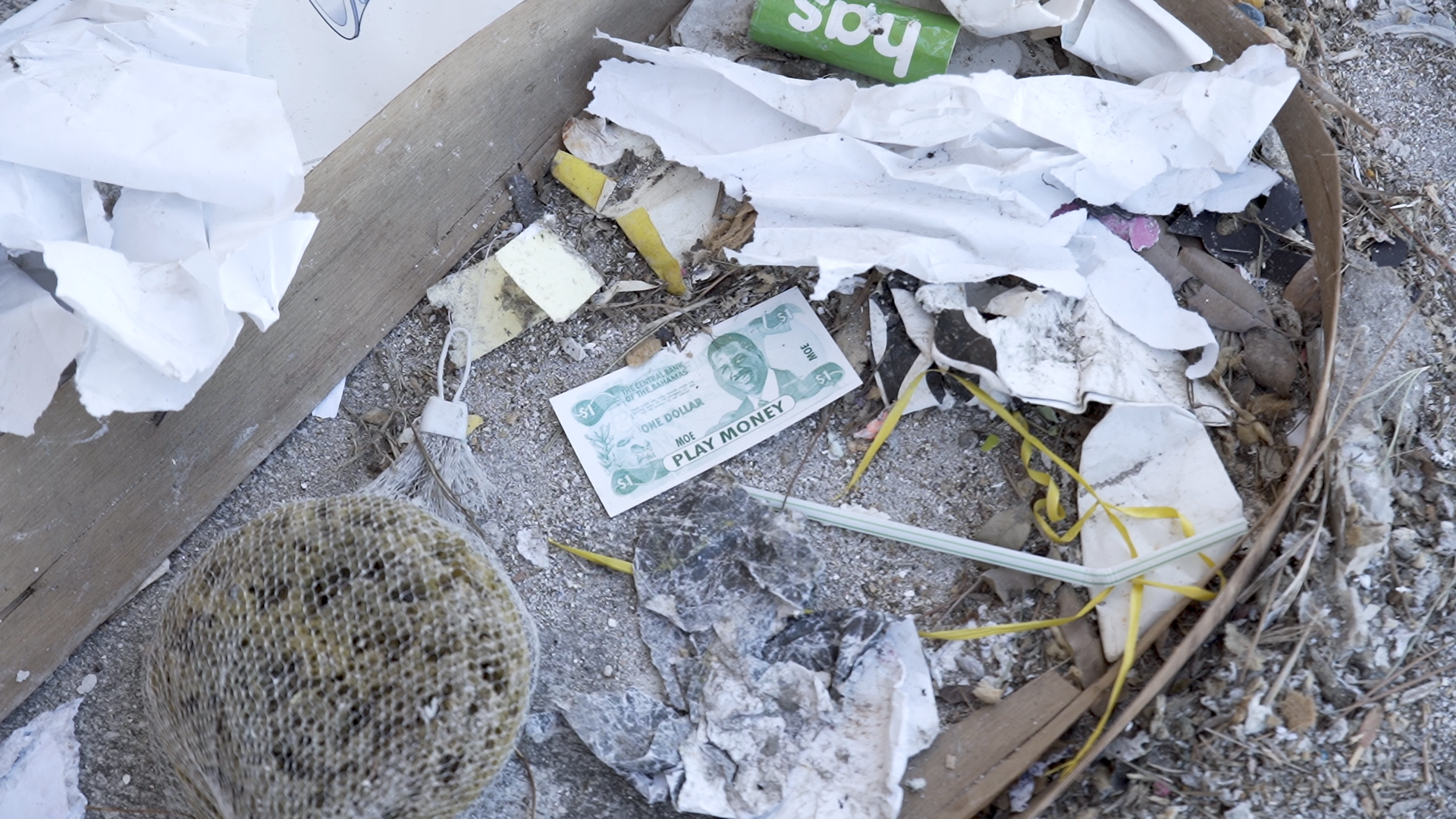- After Hurricane Dorian ravaged parts of the Bahamas, Haitian immigrants who are now homeless are fighting the government’s efforts to push them out.
- The government has strict immigration policies that critics say discriminate against undocumented Haitian migrants. Work permits are expensive and a passport is needed to own land or claim citizenship.
- Since the Bahamas does not grant birthright citizenship, children of undocumented Haitian immigrants are stateless. They could be deported from the Bahamas to Haiti, a country they may have never visited.
- When Category 5 Dorian hit, many Haitians lost what little they had. Some refused to leave what was left of their shantytowns, in fear that they may never be able to return.
- Visit Business Insider’s homepage for more stories.
NASSAU, Bahamas – More than a billion pounds of debris remain in the Bahamas after Hurricane Dorian hit over a month ago, and cleaning it up is proving to be a long-term endeavor.
For Haitian immigrants whose homes were destroyed by the storm, the future is especially uncertain. The government is cracking down on immigration policies that critics say discriminate against Haitian migrants, which means those who evacuated to Nassau after the hurricane are now at risk of being pushed out of the country.
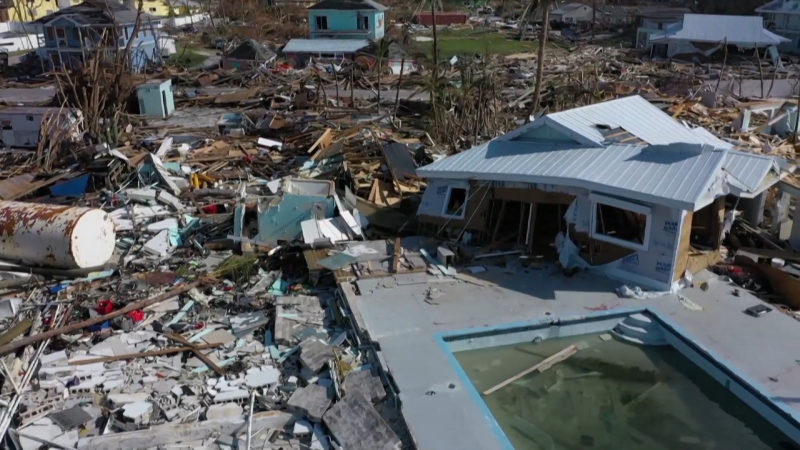
Haitians are the largest minority group in the Bahamas. After a catastrophic earthquake struck Haiti in 2010, thousands of displaced Haitians resettled in the Bahamas - many in the shantytowns of Abaco.
But the government has not made assimilation easy. For undocumented immigrants, obtaining work permits is expensive and not having a passport bars them from owning land or claiming citizenship. Their children are stateless since the Bahamas doesn't grant birthright citizenship.
When Category 5 Hurricane Dorian hit, many Haitians lost what little they had. Some Haitians refused to leave in fear that they may never be able to return to Abaco.
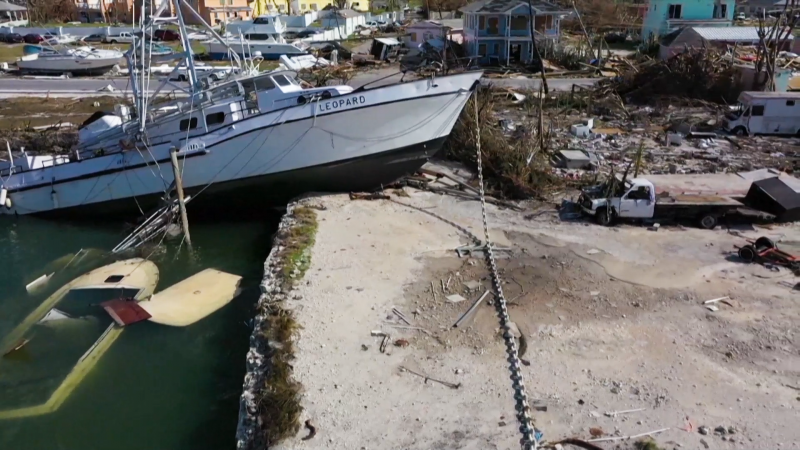
In the immediate aftermath of the hurricane, the government suspended its usual deportation policies. But at the end of September, minister of immigration Elsworth Johnson said the repatriation of undocumented people would resume.
Johnson told The Nassau Guardianthat "the hurricane has now gone, and so immigration officials are no longer being utilized to rescue persons." He added that shelters would not be accepted as a way to "circumvent the law."
One woman told us she lost all her paperwork in the storm
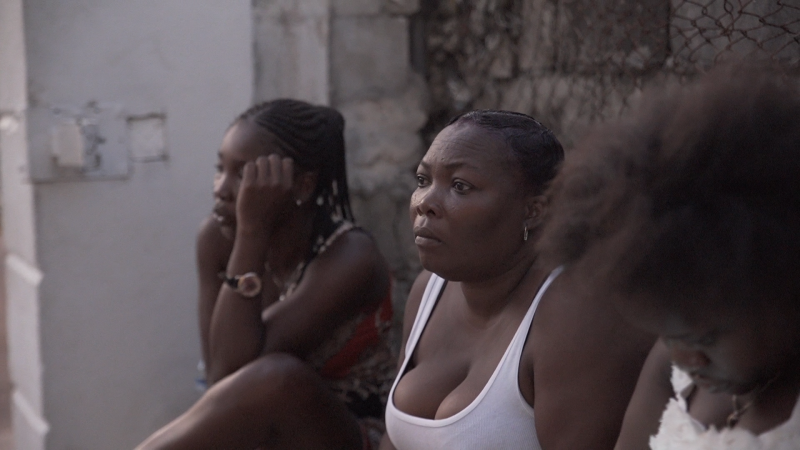
Marie-Claud Pierre Baptist lost all her paperwork in the storm, including her passport. Pierre Baptist and her 18-person family are taking refuge at the Calvary Haitian Baptist Church in Nassau. The Bahamian capital currently has seven shelters for evacuees, ranging from churches to gyms.
The church houses over 80 adults and children, almost all of whom are Haitian immigrants from Abaco. Many are frustrated by what they say is the government's inaction and indifference.
"The government just came, they looked at us, they left, and they didn't say anything to us," Pierre Baptist told Business Insider Today.
The pastor of the church, Walter Junior Lucien, is originally from Haiti, too. He moved to the Bahamas in 1984.
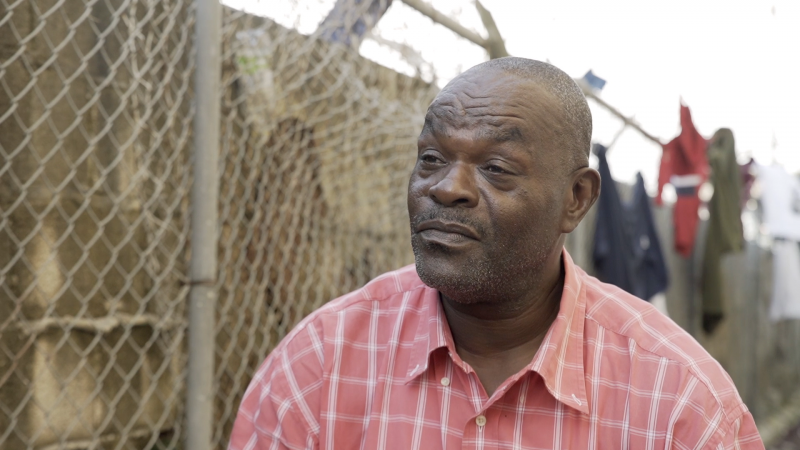
The pastor feels an obligation to help these evacuees. "I have to support them; they're my people. I can't turn them down," Lucien said.
"There is a difference between those who have documents to live here and those who don't have the documents. Those who don't have any documents to live here will be in big trouble."
A statement from the Department of Immigration warned that individuals found harboring undocumented migrants will face up to five years in prison and a possible fine of up to $10,000.
